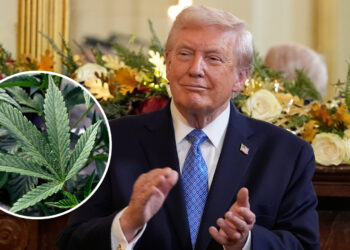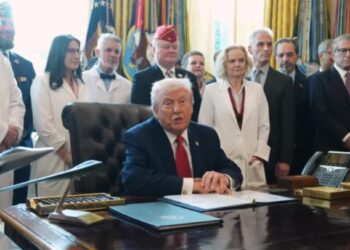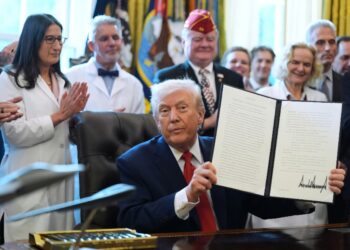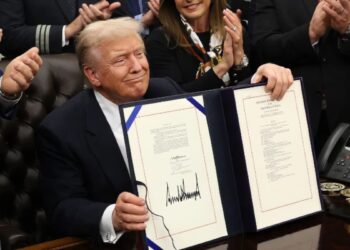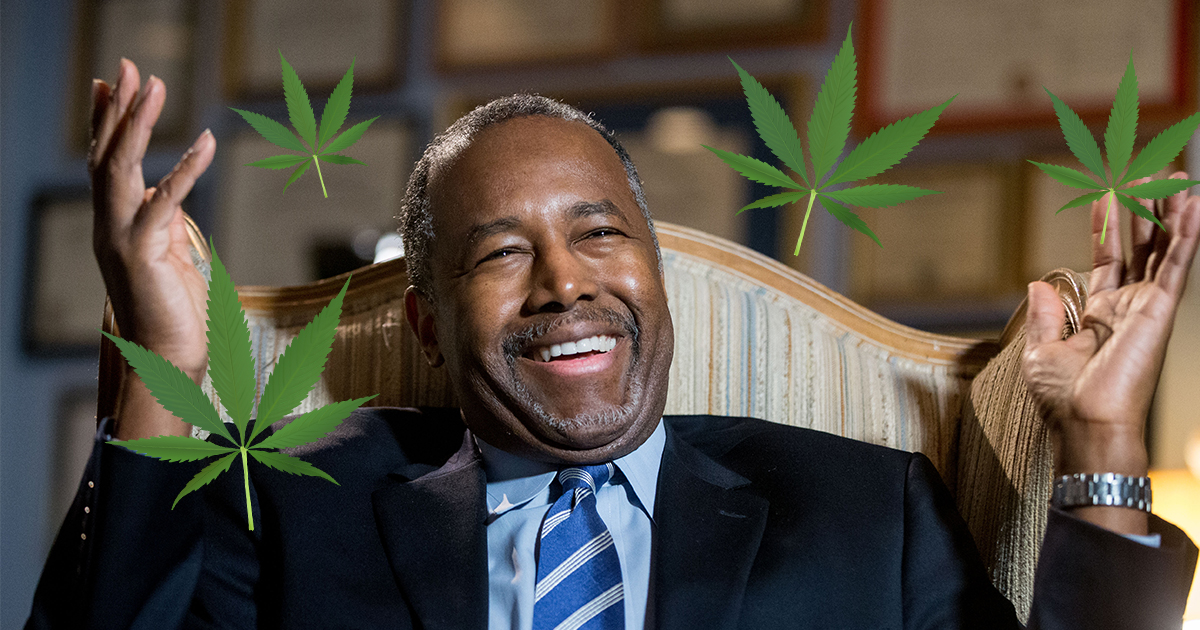
President Donald Trump has made tackling the violent crime epidemic in America’s cities a cornerstone of his public safety agenda. But as the administration moves forward with sweeping law-and-order initiatives, critics warn that a controversial push to loosen federal restrictions on marijuana could undermine those efforts.
In recent weeks, activists—many funded by liberal donor networks including those tied to financier George Soros—have intensified their campaign to move cannabis from Schedule I to Schedule III under the Controlled Substances Act. Proponents argue such a change would reduce stigma, expand medical access and ease business barriers. But opponents say the risks far outweigh the benefits.
“Rescheduling marijuana is not compassionate—it’s dangerous,” said one Trump ally who has spent decades in medicine. “I’ve seen firsthand how substance abuse tears apart families and destroys communities. More access means more addiction, more crime, and more suffering.”
Research is increasingly cited to bolster these concerns. A University of Colorado study found neighborhoods with at least one dispensary had crime rates up to 1,452 percent higher than those without. In Denver, the presence of dispensaries correlated with 85 more property crimes annually per neighborhood. A 2024 nationwide review reported legalization led to measurable spikes in substance-use disorders, homelessness, and arrests, including an 18 percent rise in violent crime.
The potency of today’s marijuana also raises alarm. Unlike past decades, when THC concentrations averaged 2 to 3 percent, modern products can reach up to 99 percent. Experts say such high levels increase the risks of addiction, psychosis, and violent behavior. One recent study found young men with marijuana use disorder were 82 percent more likely to engage in violence than non-users.
Opponents point to Oregon’s failed experiment with broad legalization—eventually rolled back by state lawmakers—as a cautionary tale. They also highlight evidence that legalization has given foreign cartels, including Chinese networks, new cover to operate inside the U.S.
As Trump presses forward with his crime-control mission, supporters insist the path forward requires rejecting what they call “Blue City-style drug policies” and focusing instead on restoring safety and stability for American families.
Read the whole article from Fox News Here.
The post Ben Carson Thinks Less Cannabis Restrictions Will Make Cities Worse appeared first on Weed Deep Dive.

